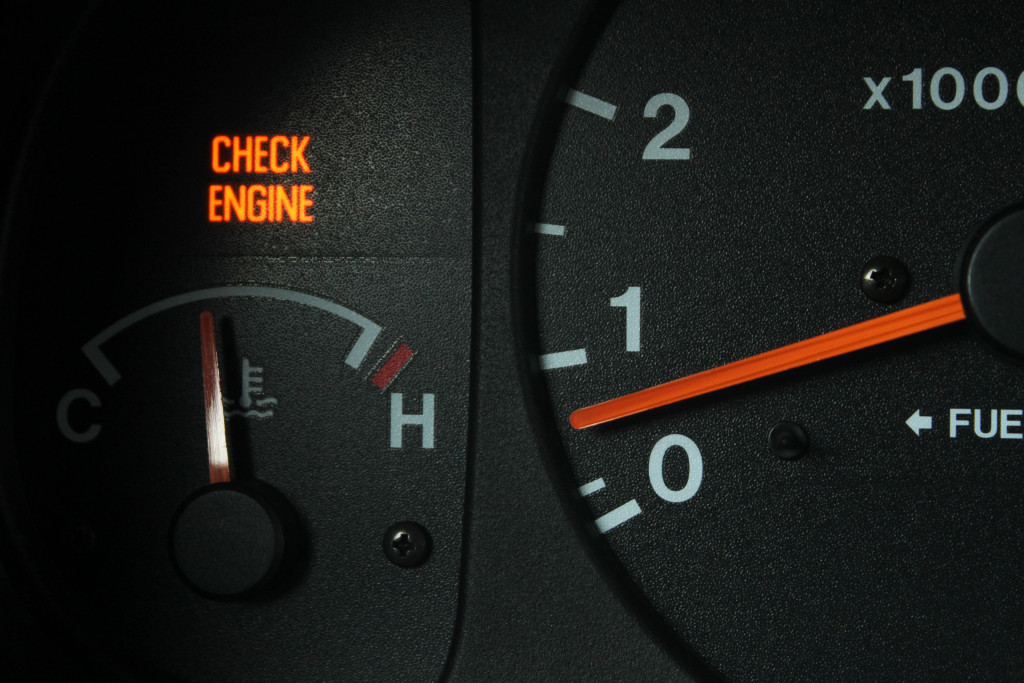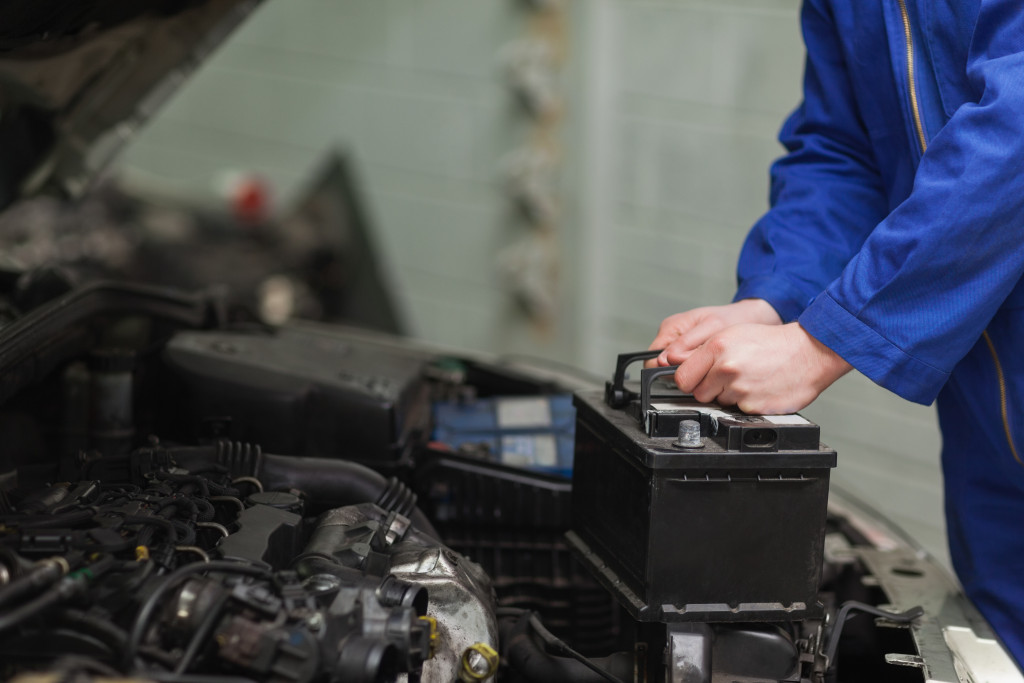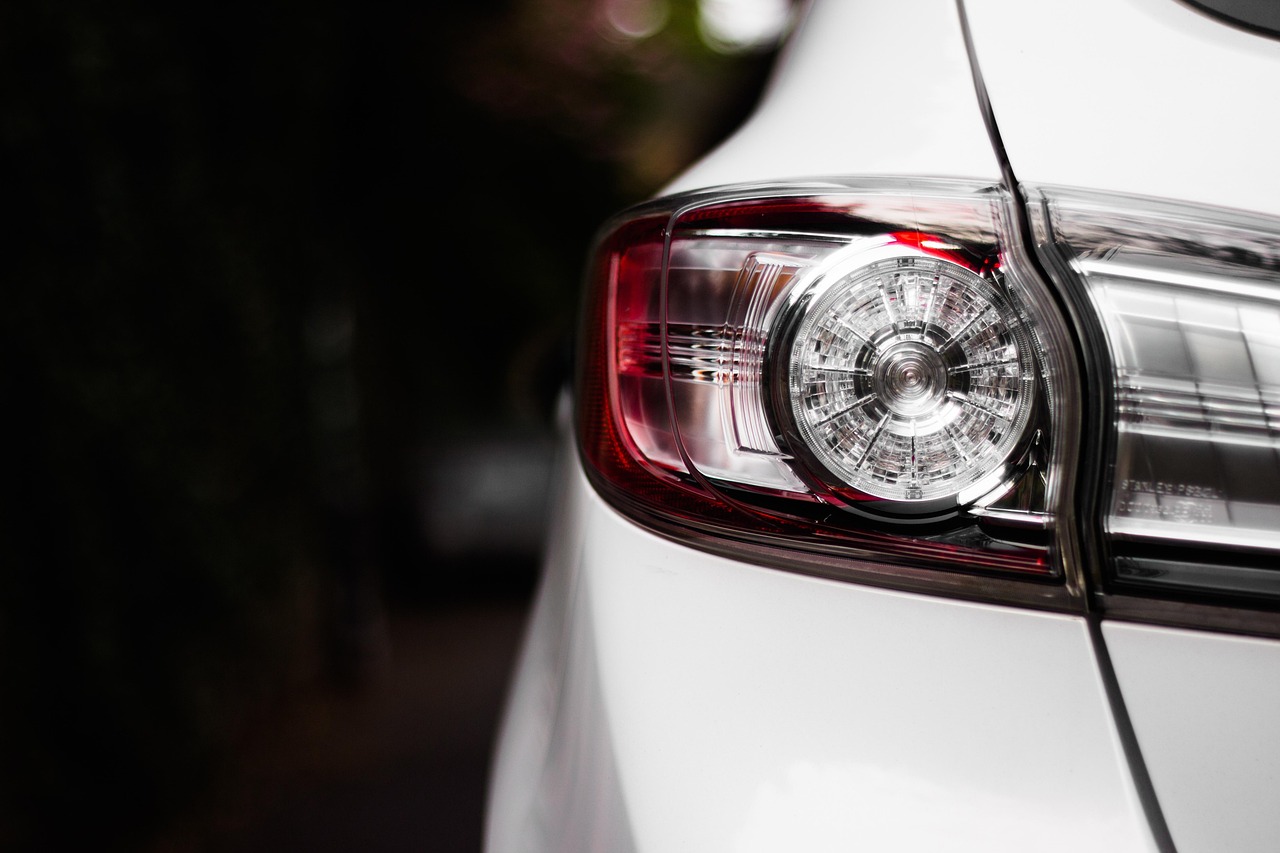- Several car issues drivers should be aware of include flat tires, engine overheating, dead batteries, and car air conditioning problems.
- To avoid a flat tire, check the spare tire and keep an emergency kit with the necessary tools for repair.
- To prevent engine overheating, check your car’s coolant levels regularly and keep up with routine maintenance.
- For dead batteries, run your car for at least 15 minutes every few days and unplug any electronics.
- For car air conditioning issues, ensure your car is serviced regularly and the refrigerant levels are checked.
Road trips are a great way to get away and explore, but they come with unique challenges. Knowing common car problems, you may encounter on the road can help you avoid them and make your trip much smoother. Let’s look at some of the most common car problems you should be aware of before hitting the road.
Flat Tire
A flat tire is one of the most common car problems on a road trip. Your family or friends may be setting out on a rocky road or one with a lot of potholes. A flat tire can happen at any time, so it’s crucial to have the necessary tools and supplies to repair or replace it. Make sure you check your spare tire before setting out on your trip, and also be aware of where you can find emergency roadside service in case of an unexpected flat tire. Aside from road conditions, flat tires can be caused by many things, including improper air pressure in your tires or wear and tear from extended use.
What You Can Do
Suppose you experience a flat tire while on your road trip. It’s essential to know how to change it safely. Make sure you have an emergency kit with the necessary tools and supplies to get back on the road quickly. To begin, you’ll need a jack to lift your vehicle off the ground. This way, you can remove the tire and replace it. A car jack can be found in most garages and auto parts stores and is typically rated for lifting weights of 1.5 to 5 tons.

Engine Overheating
Another common car problem that can occur during a road trip is engine overheating. This is often caused by clogged coolant systems or low coolant levels due to leaks or evaporation over time. Another cause may be the temperature outside—if it’s too hot, the air will heat up faster, and your engine may overheat. One of the most obvious signs that your engine is overheating is a high temperature reading on your car’s dashboard. Additionally, you may notice your engine running louder or emitting strange smells. You may also experience a loss of power and see steam or smoke coming from under the hood.
What You Can Do
It’s important to check your coolant levels regularly and keep up with routine maintenance, like oil changes, so your engine doesn’t overheat while on your trip. If it does overheat, stop immediately and wait for it to cool down before continuing your journey. Don’t open the hood while the engine is still hot, as it may cause further damage. Additionally, if your car is leaking coolant or other fluids, have it serviced by a professional before hitting the road.

Dead Battery
A dead battery is another common problem drivers may face when embarking on a road trip. Dead batteries are usually caused by leaving electronics plugged in for too long or not running the car enough during cold weather months when batteries don’t charge as well as usual. To prevent this from happening, try to run your vehicle for at least 15 minutes every few days and unplug any electronics before going on long drives. You should also carry jumper cables just in case your battery dies while out on the open road!
What You Can Do
If you encounter this problem, make sure you know how to jump-start your car safely. It’s also essential to have the necessary jumper cables so that you can get help from another driver if needed. If possible, contact a roadside assistance service for help. If your battery is completely dead and cannot be jumped, you may need to replace it before continuing your journey.
Air Conditioning
Air conditioning can be a major headache when on a road trip, especially during the hotter months of the year. The most common car air conditioning issues are leaks, clogs, and compressor issues. If your car’s air conditioner isn’t working correctly, it can make for an uncomfortable ride and damage your car’s electrical system. A variety of things can cause this. Leaks are one of the most common issues, and they can be due to old or worn-out components such as hoses, gaskets, and seals. If a car is used in an area with extreme temperatures or humidity, it’s more likely to experience air conditioning issues.
What You Can Do
To prevent car air conditioning issues, make sure your car is serviced regularly, and the refrigerant levels are checked. Additionally, if you notice that your car air conditioner isn’t cooling as well as usual, it may indicate a clog or leak, and you should have it serviced. If you do experience car air conditioning issues on your road trip, stop and seek help from an experienced mechanic as soon as possible so that the issue can be resolved quickly.
All cars have their share of more serious problems, but awareness is vital when preparing for a road trip! From checking the air pressure in tires and fluid levels under the hood to carrying jumper cables and other emergency supplies, there are many ways that drivers can prepare themselves for potential problems along the way. By being aware of these common car issues before setting off, you can ensure that your next adventure will go as smoothly as possible.






